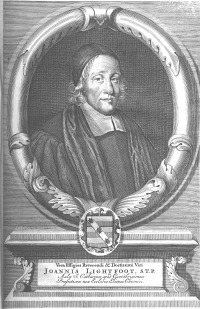A helpful guide for anyone reading Origen and getting stumped over his semantically diverse theories of knowledge.
Many historians and academics rank the third-century Christian theologian and thinker, Origen, as one of the best earlier Christian writers. He was steeped in Greek literature, structure and thought. Not only this, but his zeal for knowledge was wrapped in sincere piety. These characteristics were reflected in his writings.
This combination is especially found in the catena ascribed to him on I Corinthians.1 One is hard-pressed to comprehend the semantics of his knowledge words. This applies to the majority of his other works as well.
As a reader and translator of Origen, one must have a precise understanding of the Greek system of knowledge. There are a number of words for knowledge in Greek and have different applications. Understanding these words in the original context is a gateway to Origen’s mind.
This article attempts to unlock the words of knowledge in order to better understand Origen’s text. The beginning is difficult and complex for the English reader to understand but the end is rather simple. Origen wanted to know things in such a way that changed his worldview and his interaction with it. Studying was not simply for the sake of knowledge but becoming a better, more complete person.
Anyways, we will get into the details of his concept of knowledge starting now.
The Public Reader in the Church
The role of the public reader in the earliest diasporan Church, how the language changed over time, and the new problems it created.
